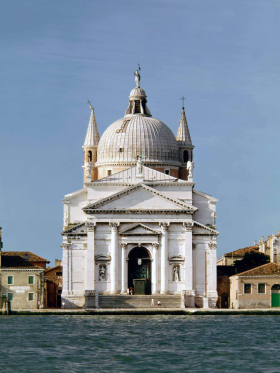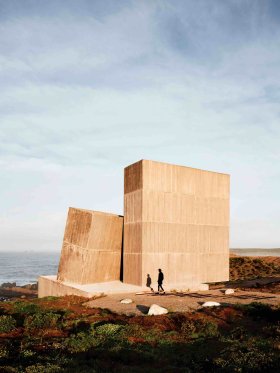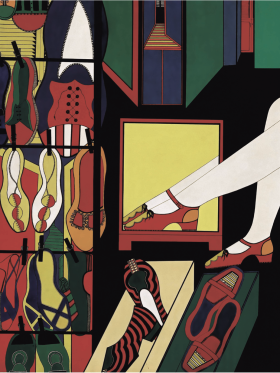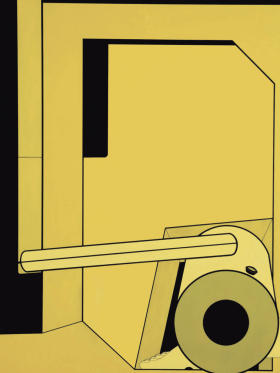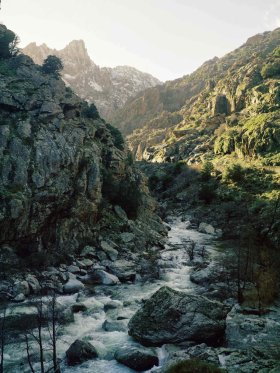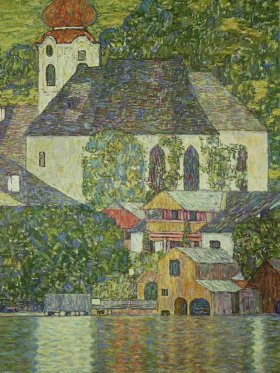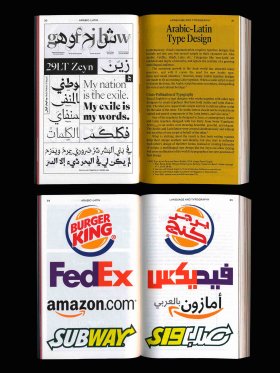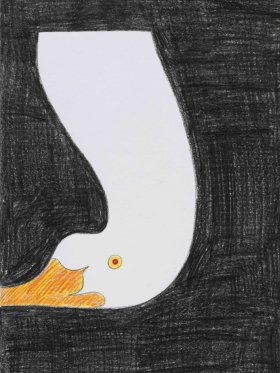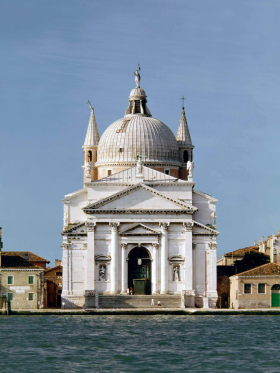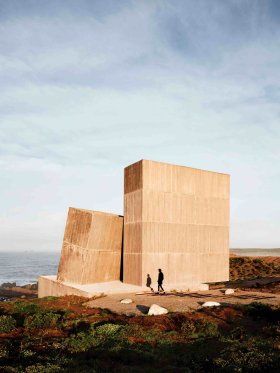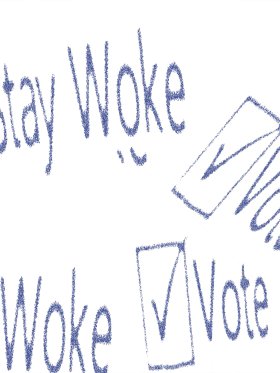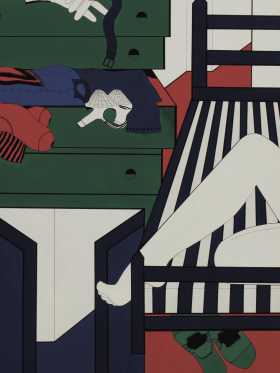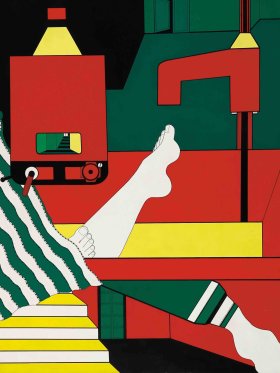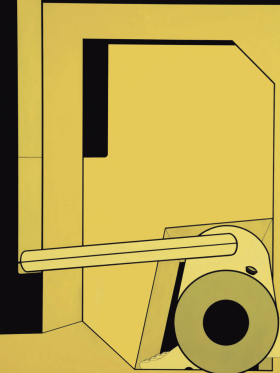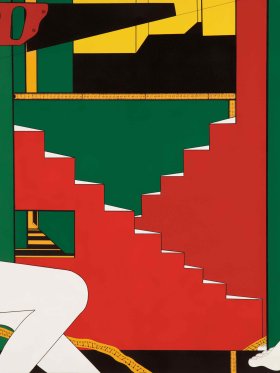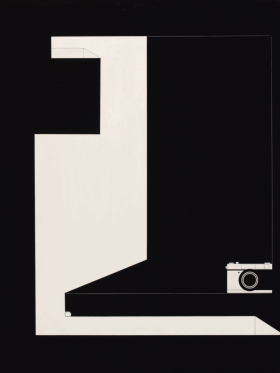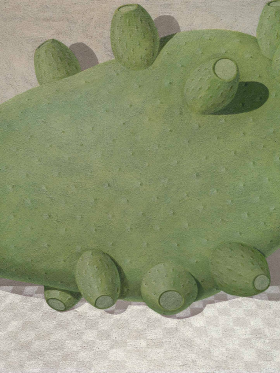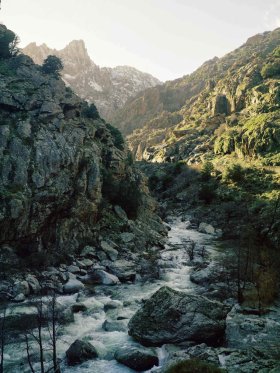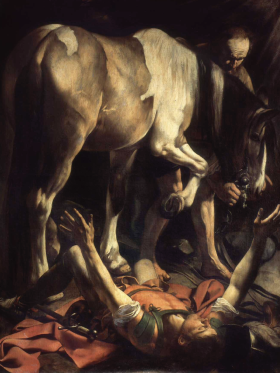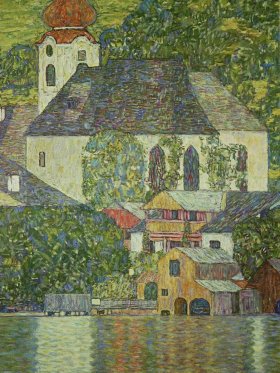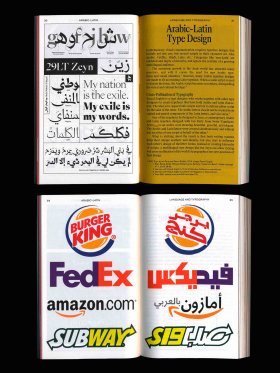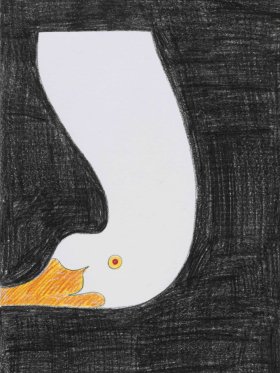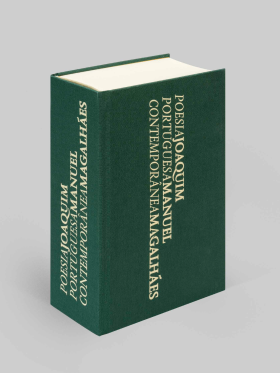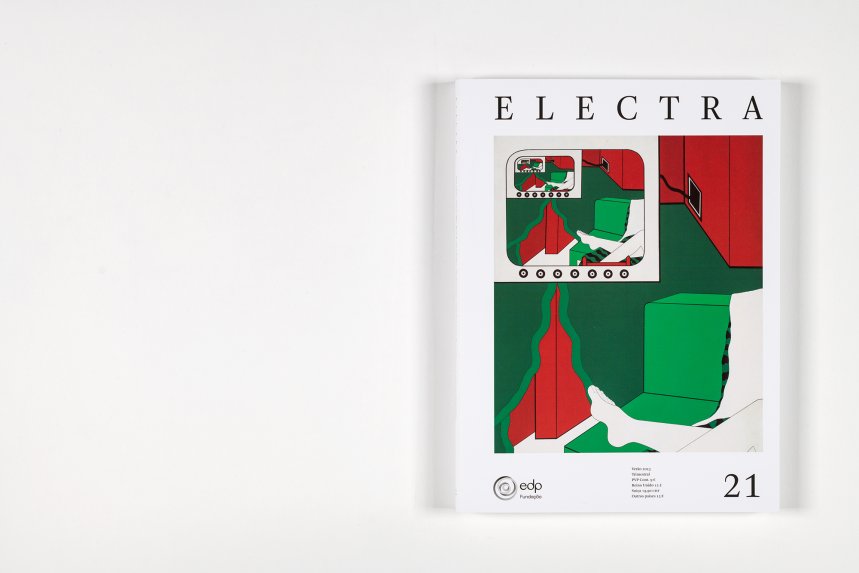
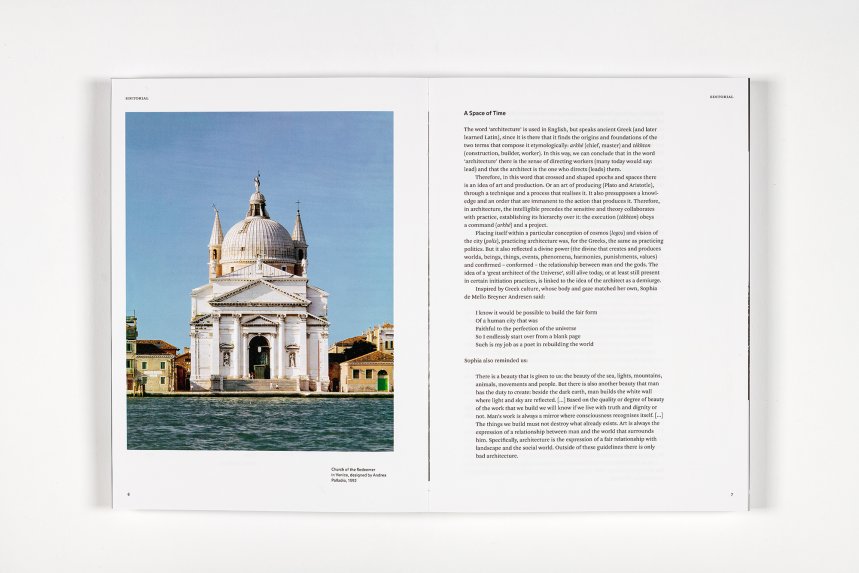
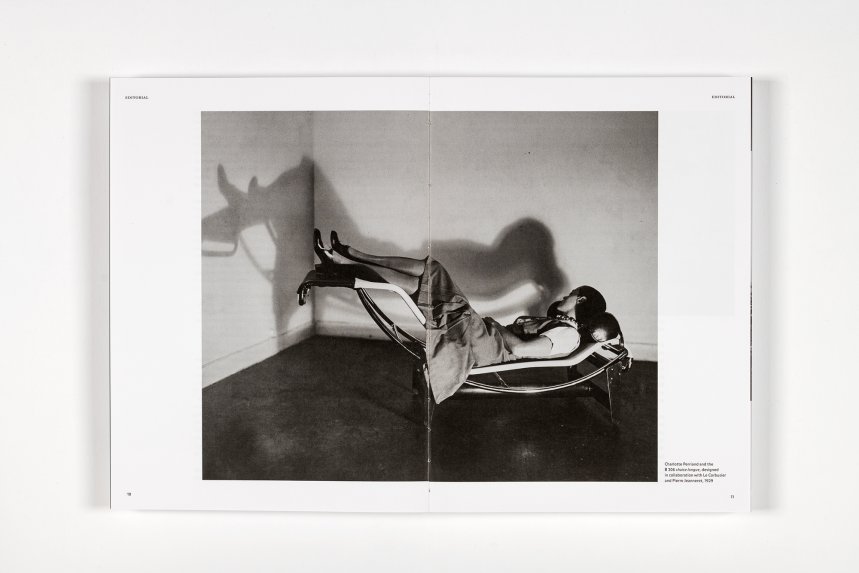
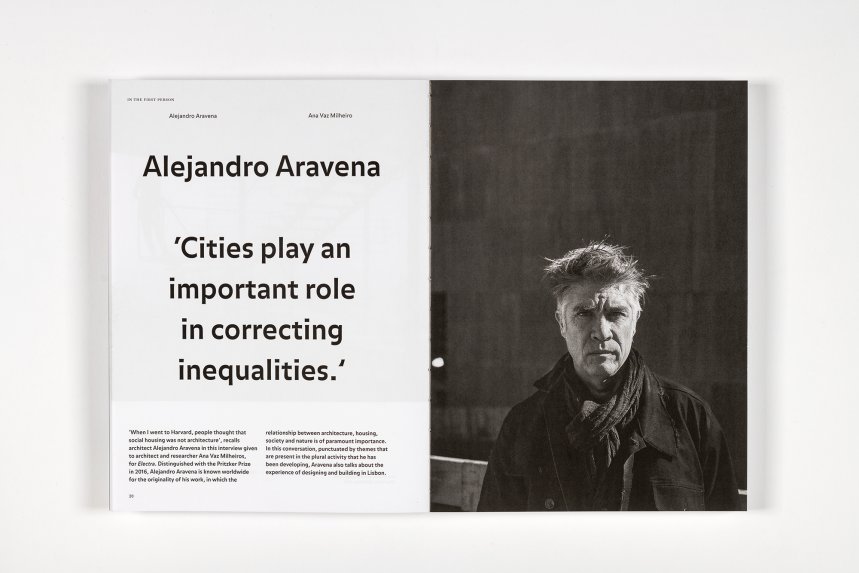
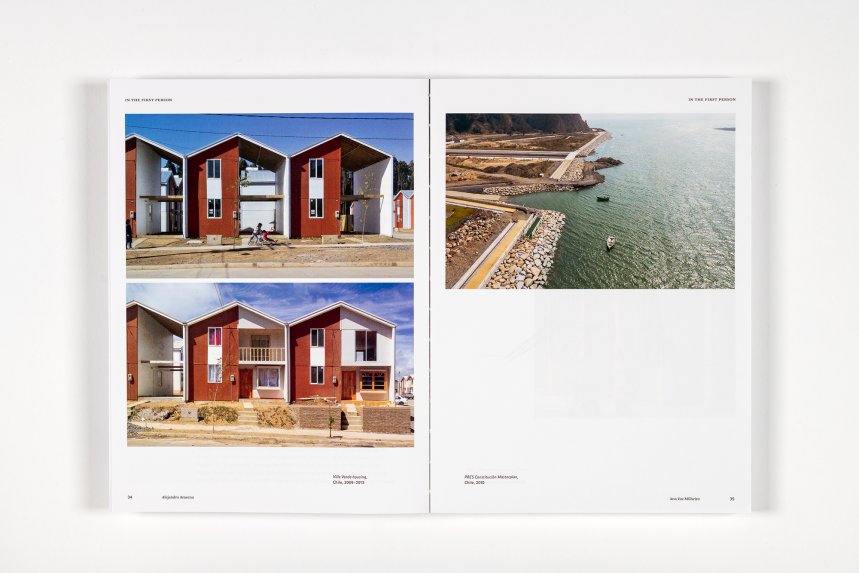
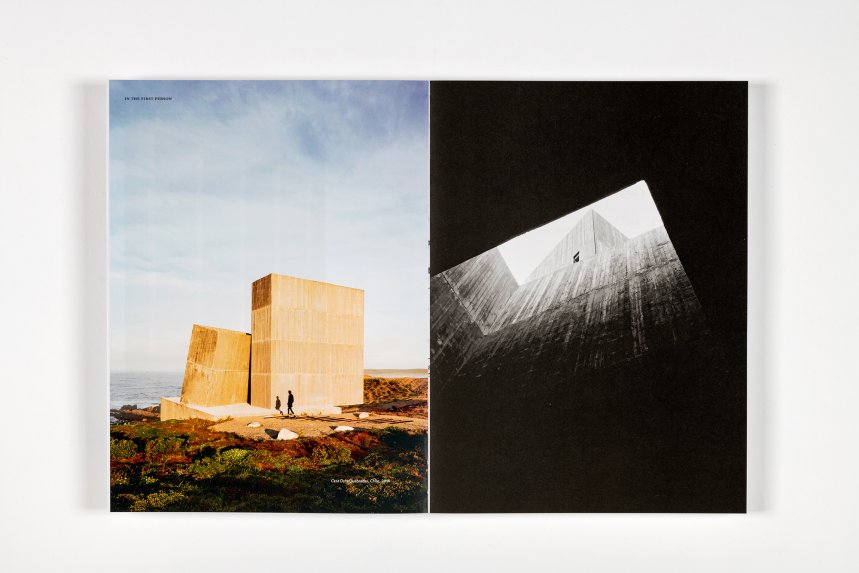
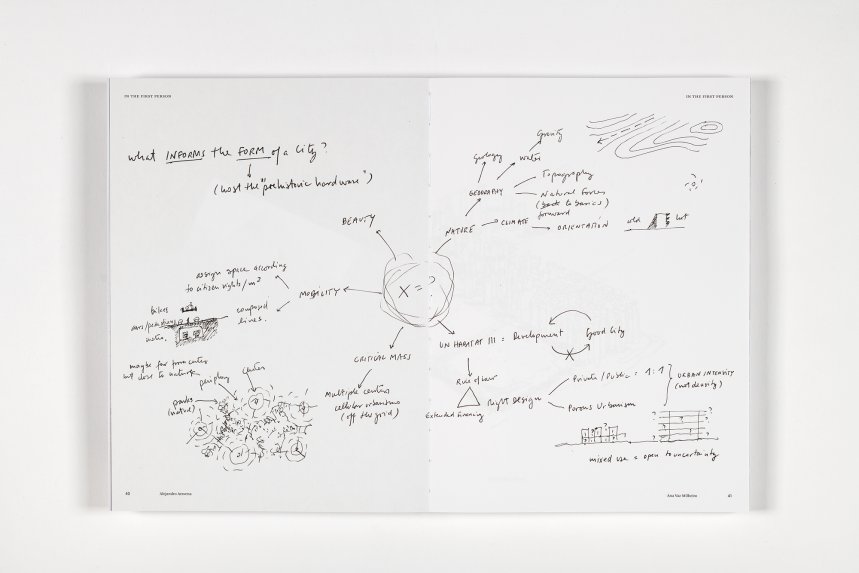
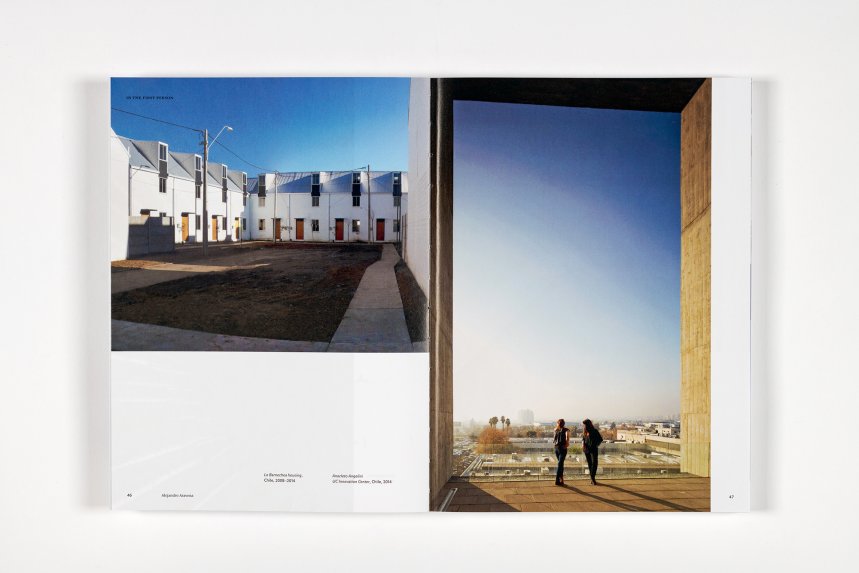
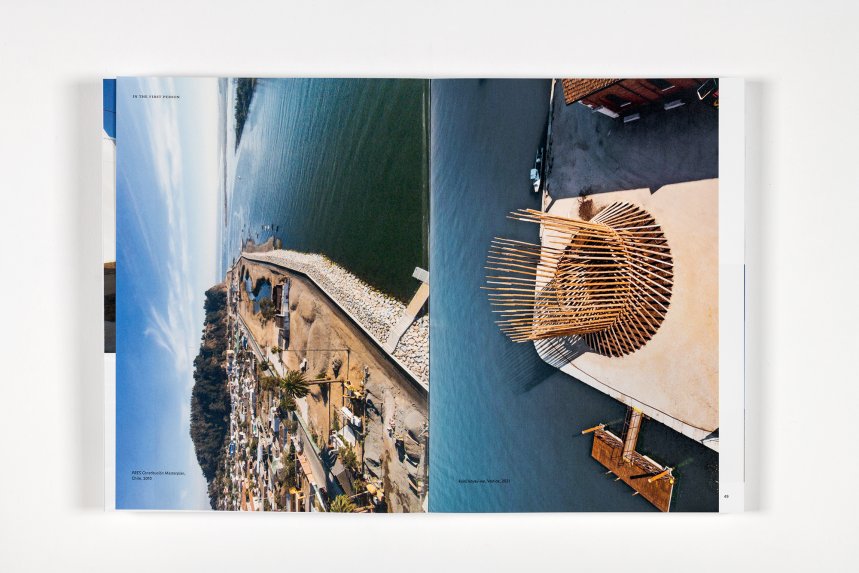
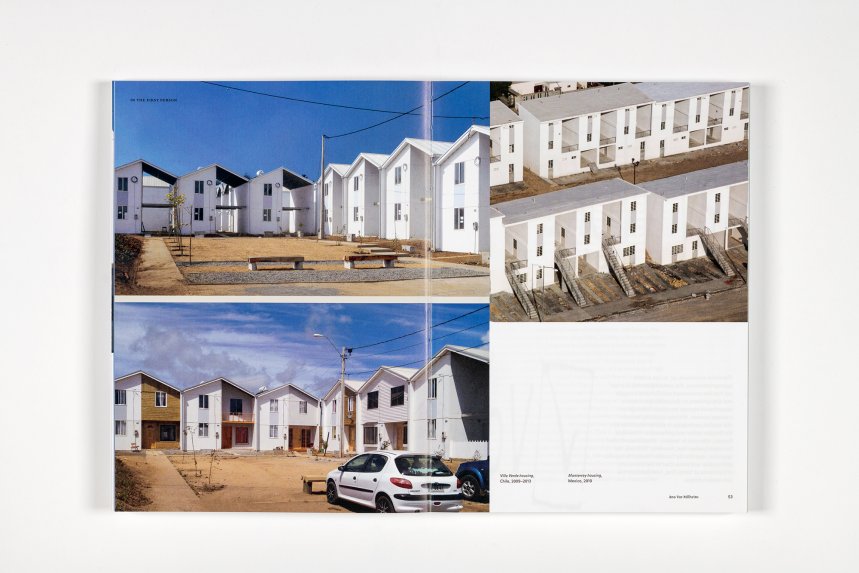
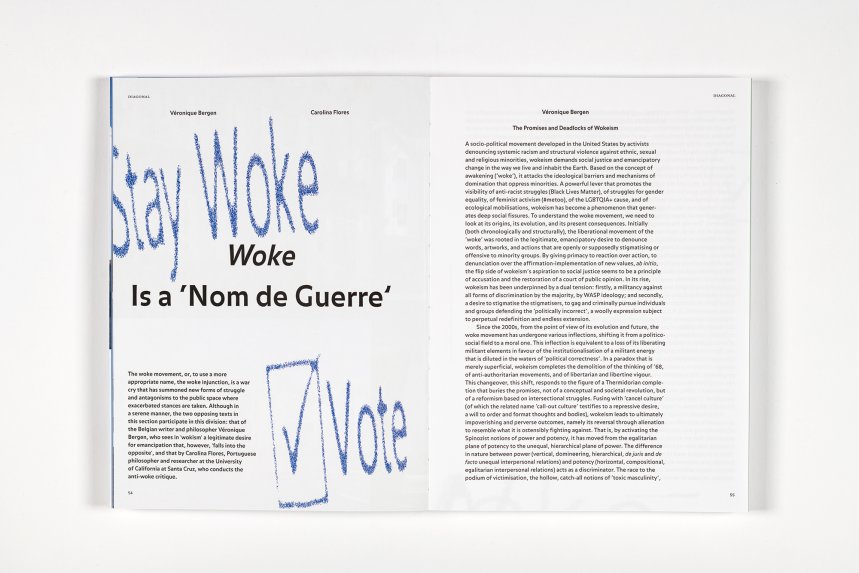
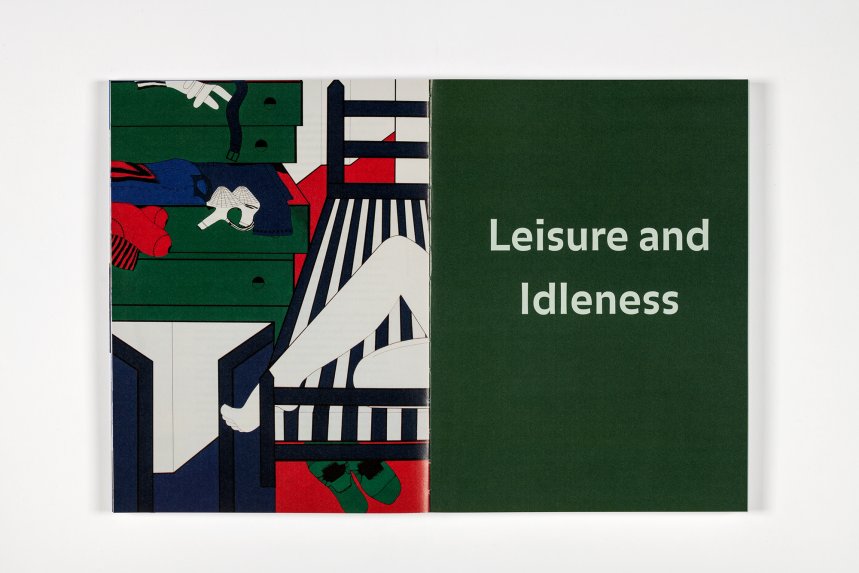
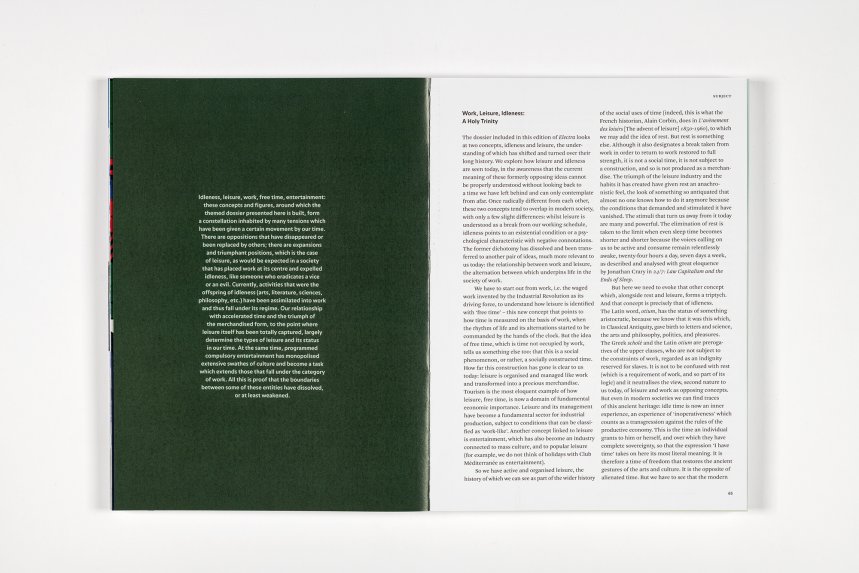
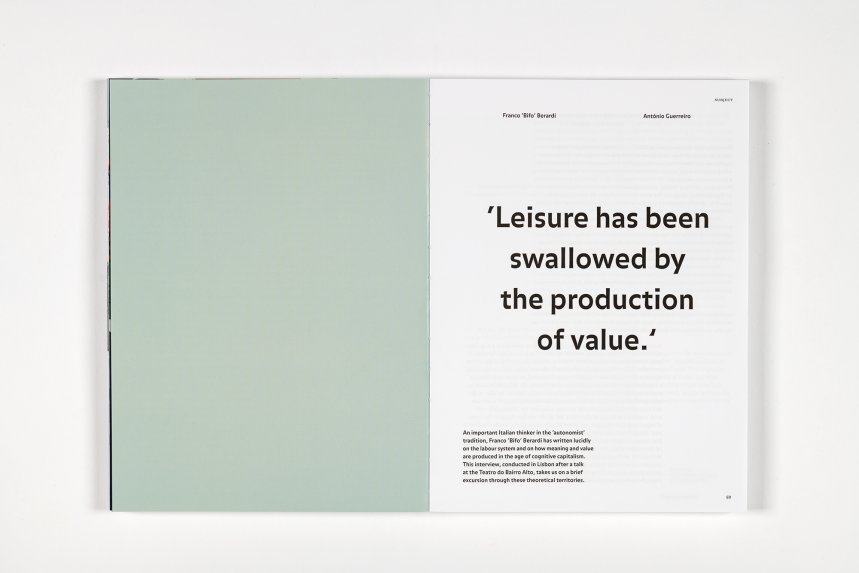
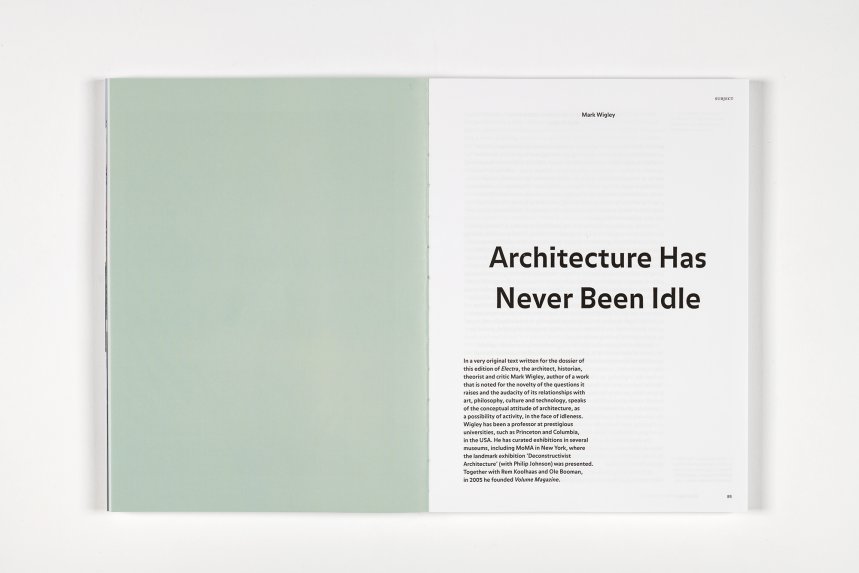
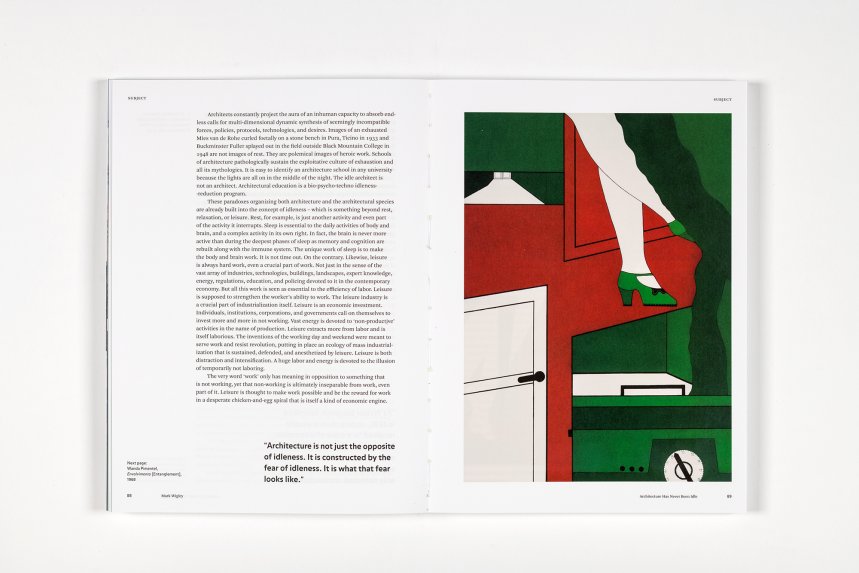
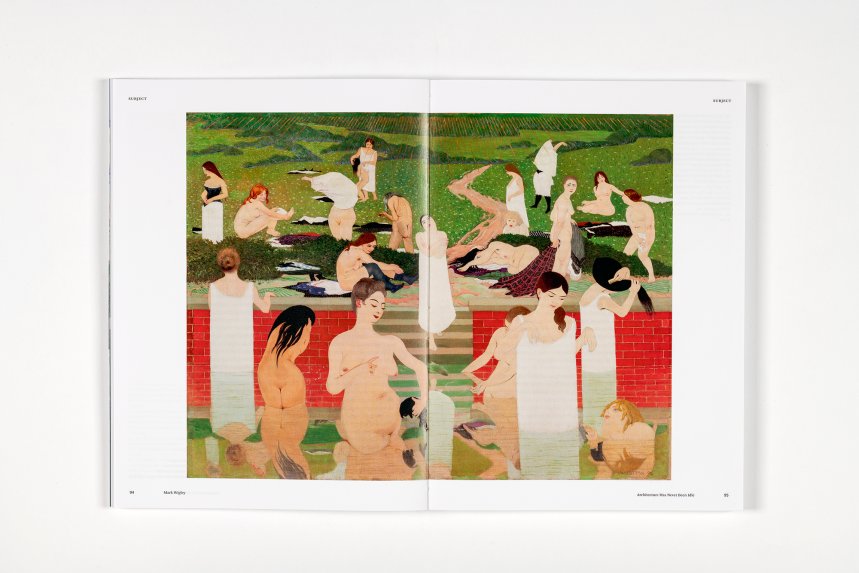
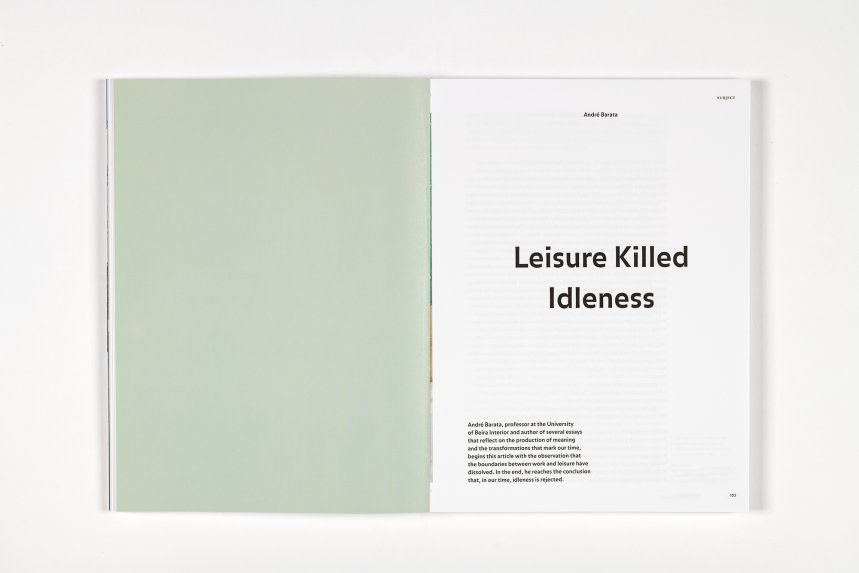
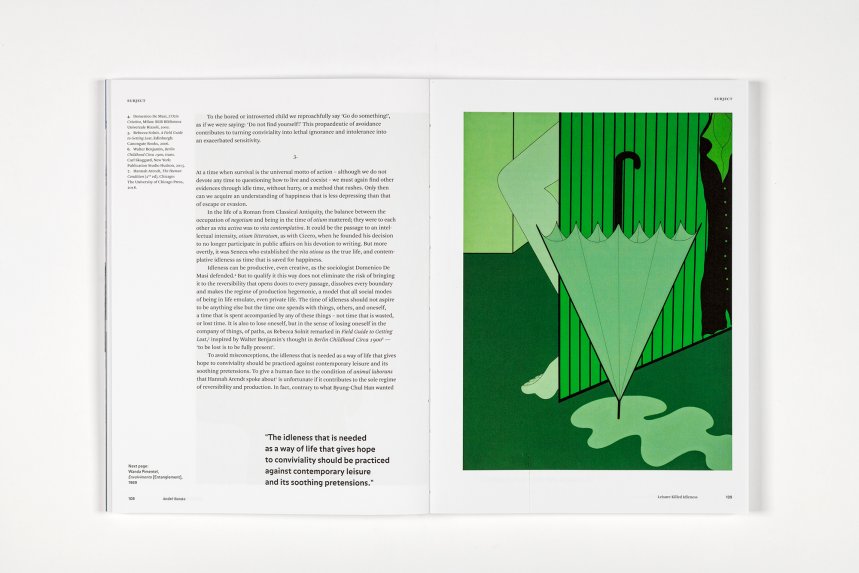
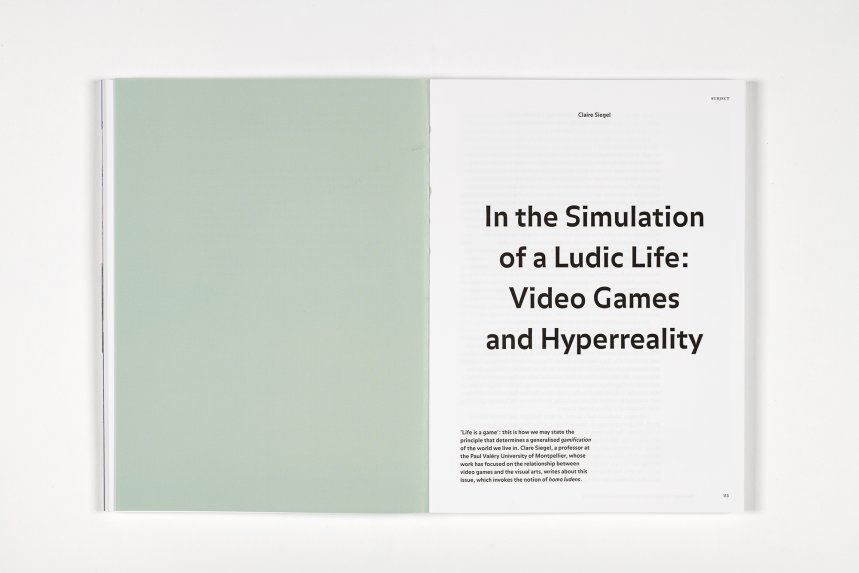
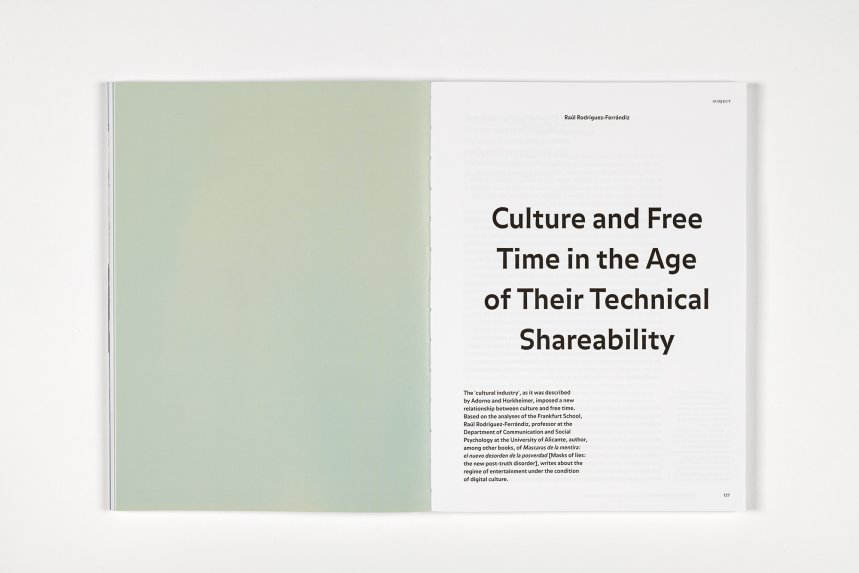
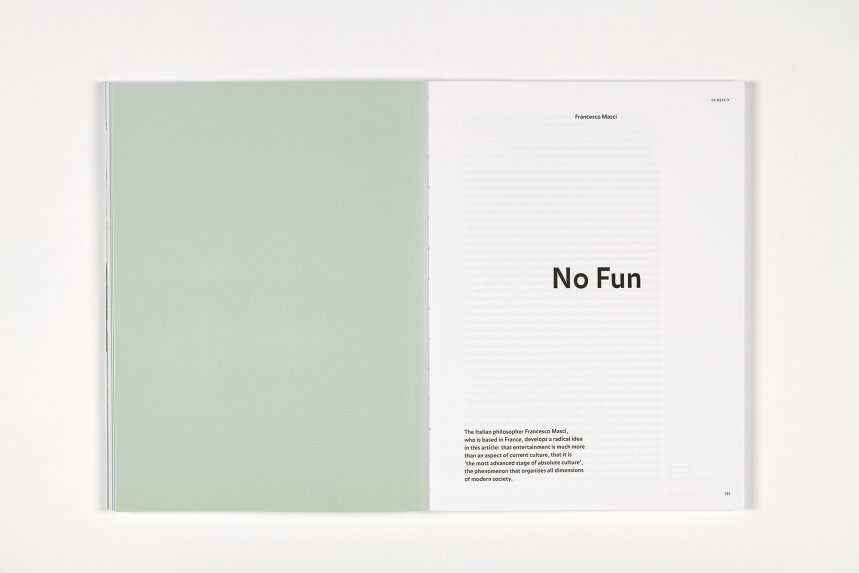
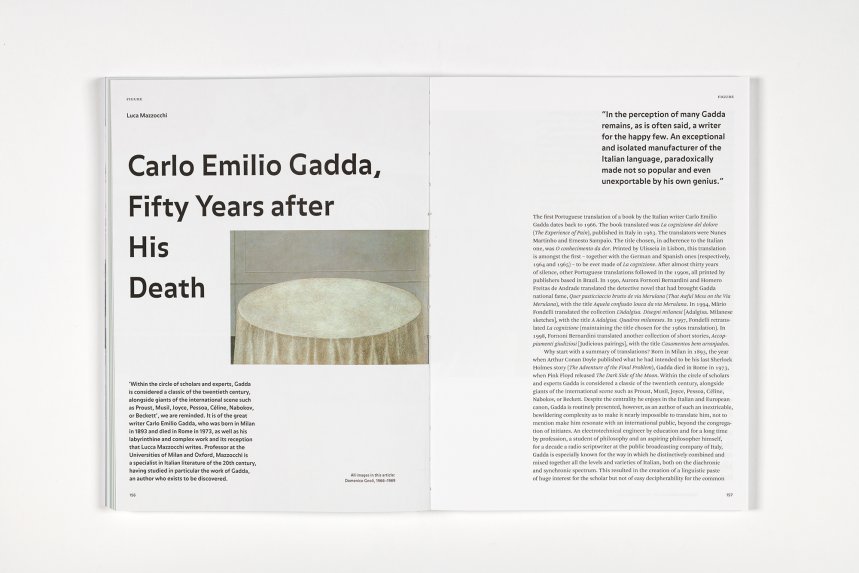
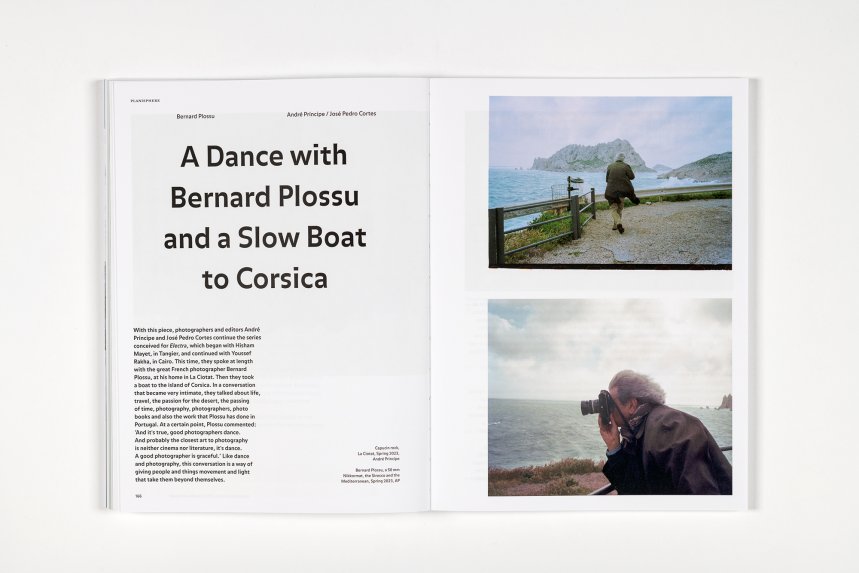
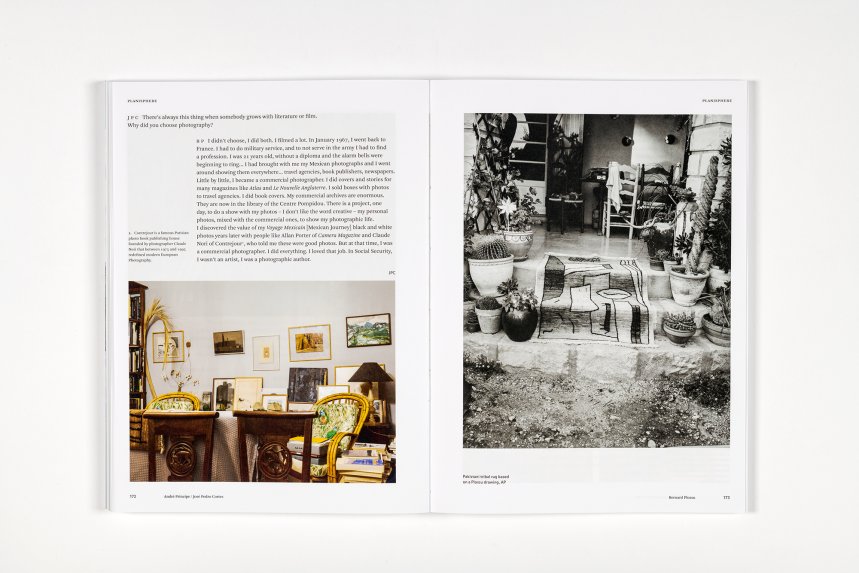
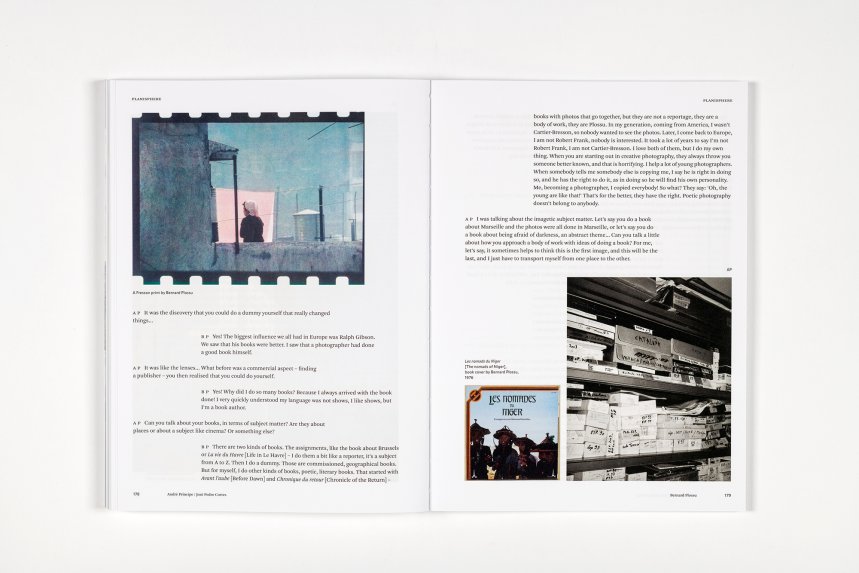
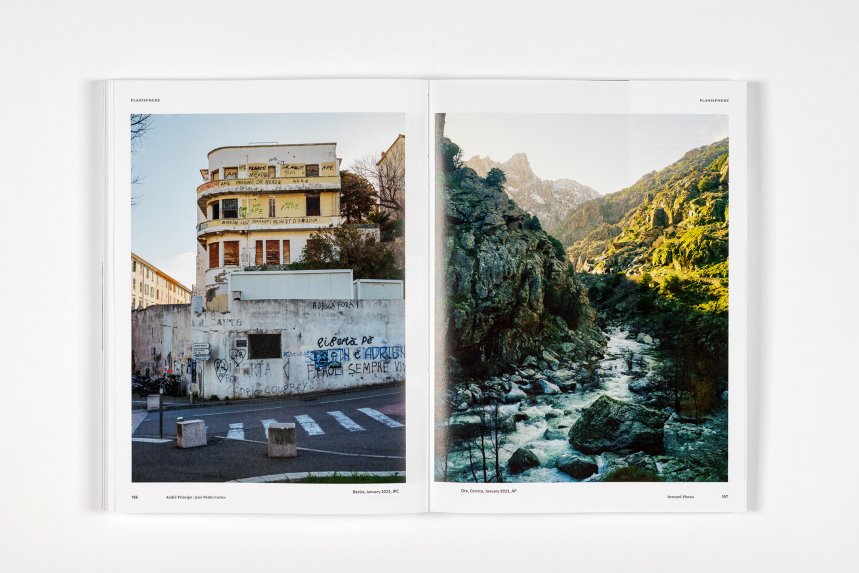
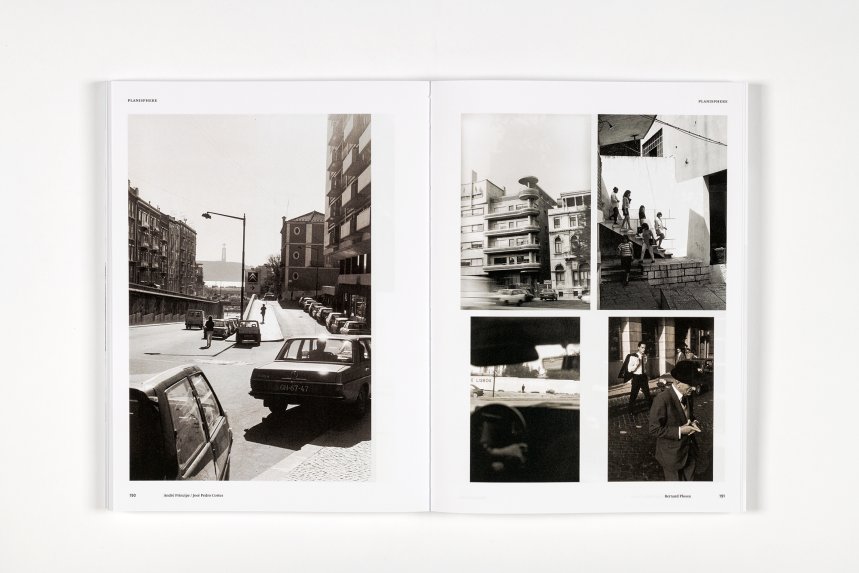
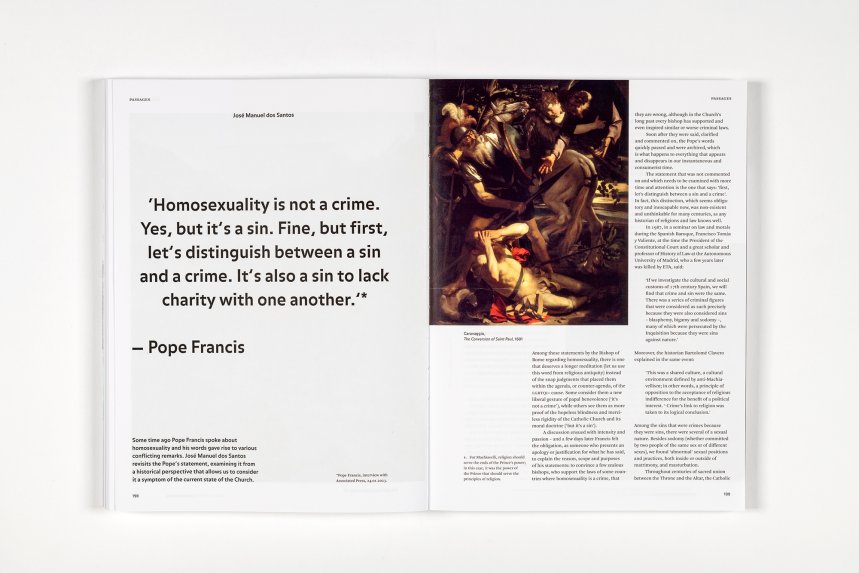
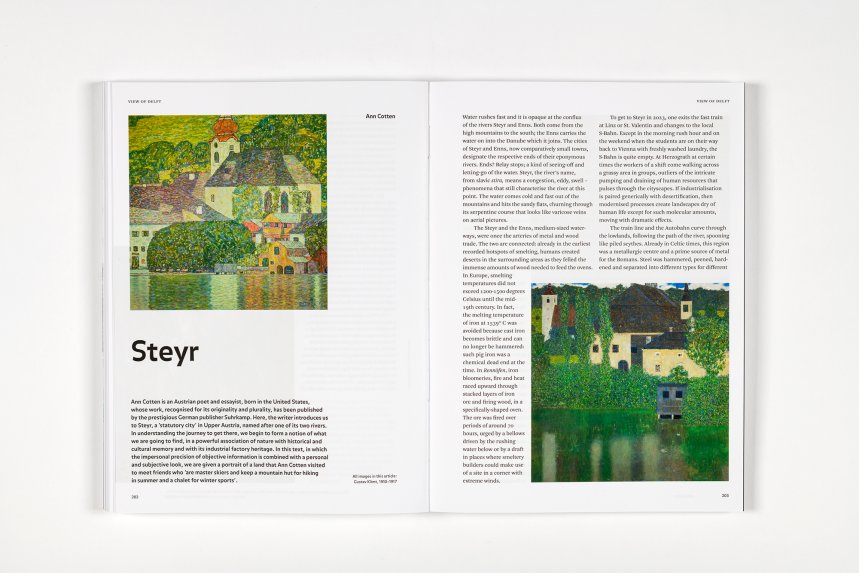
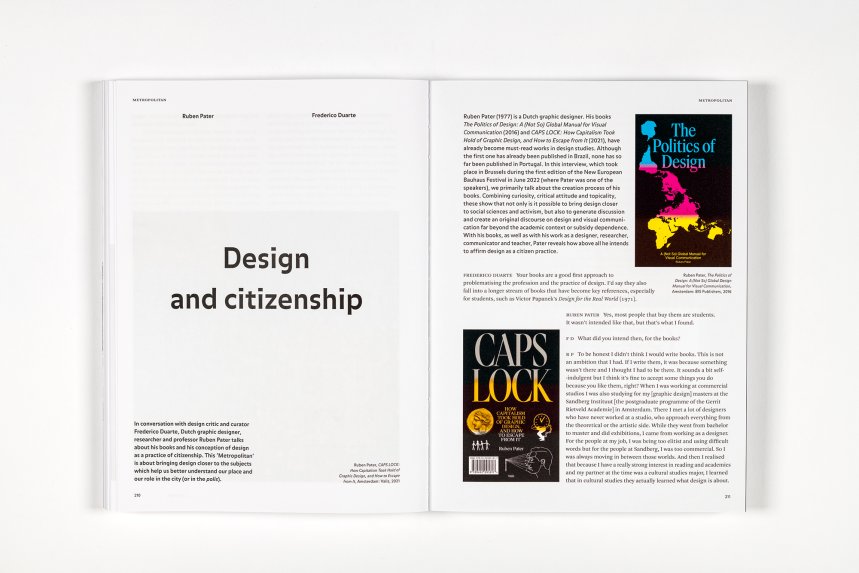
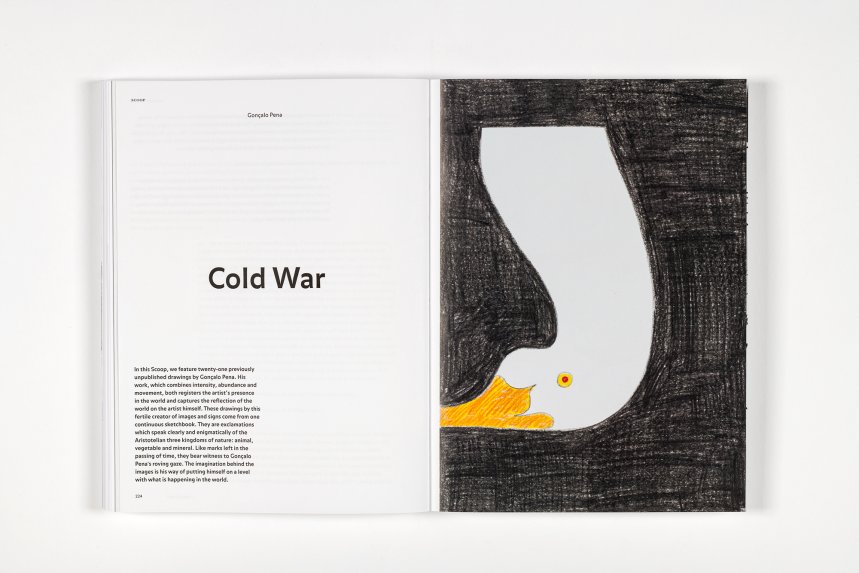
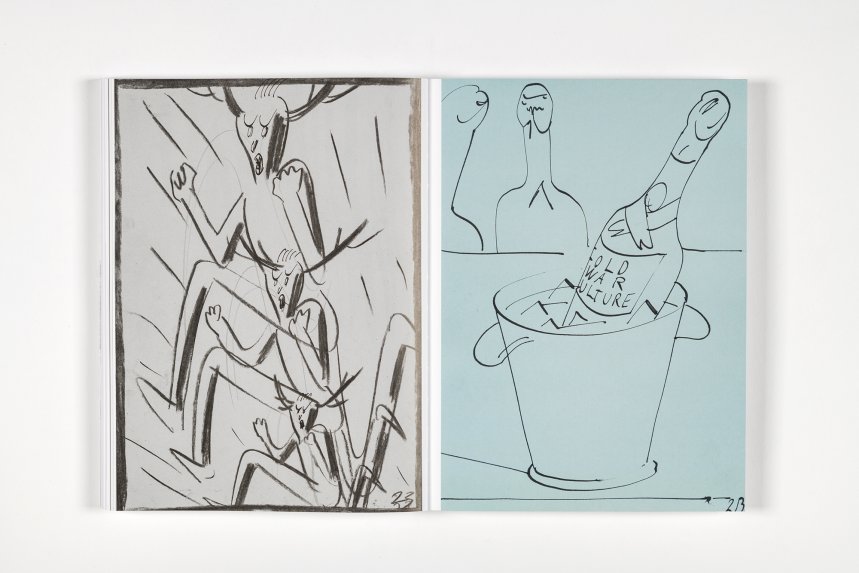
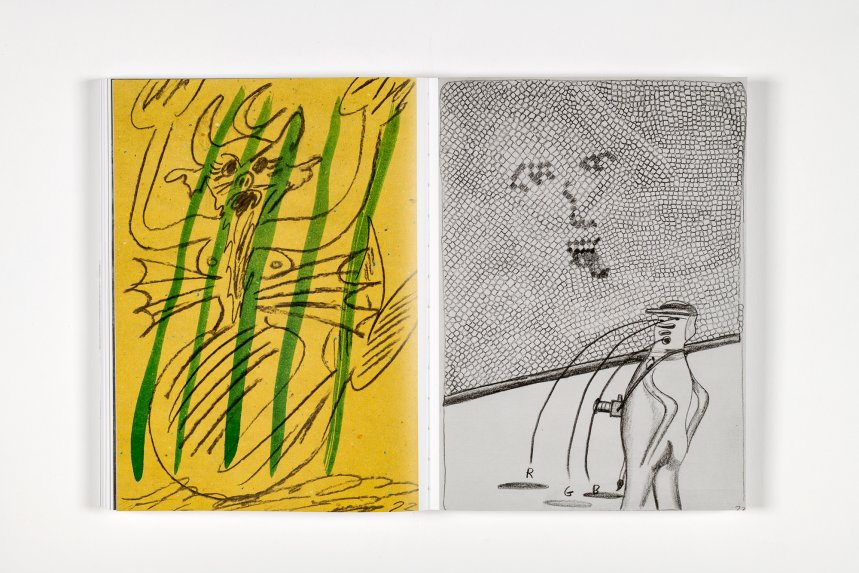
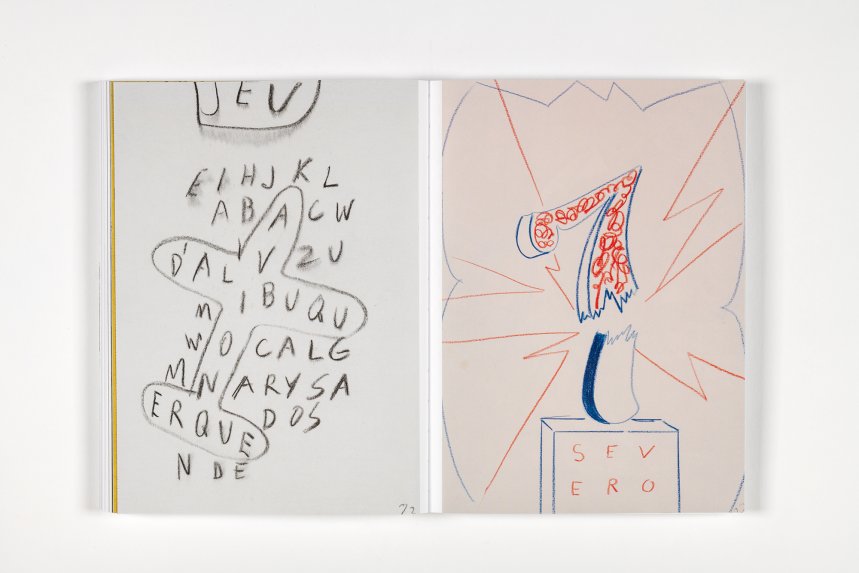
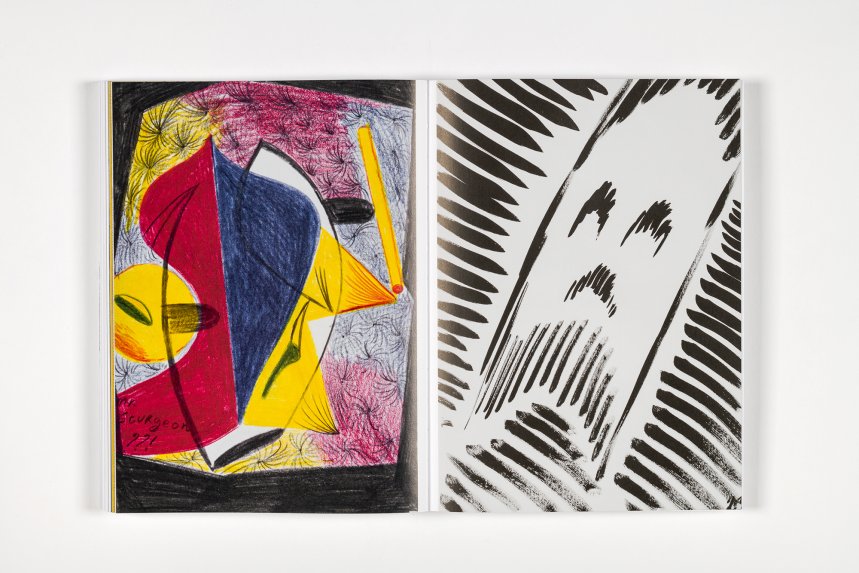
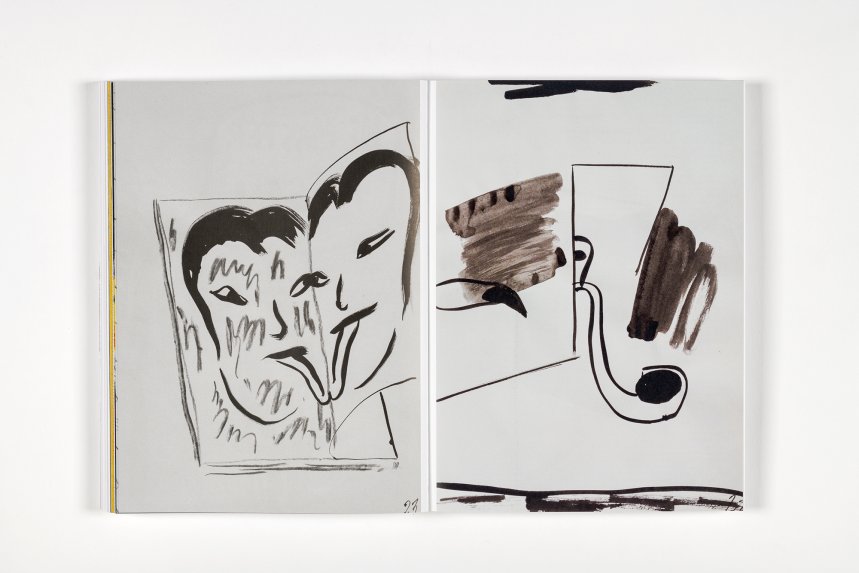
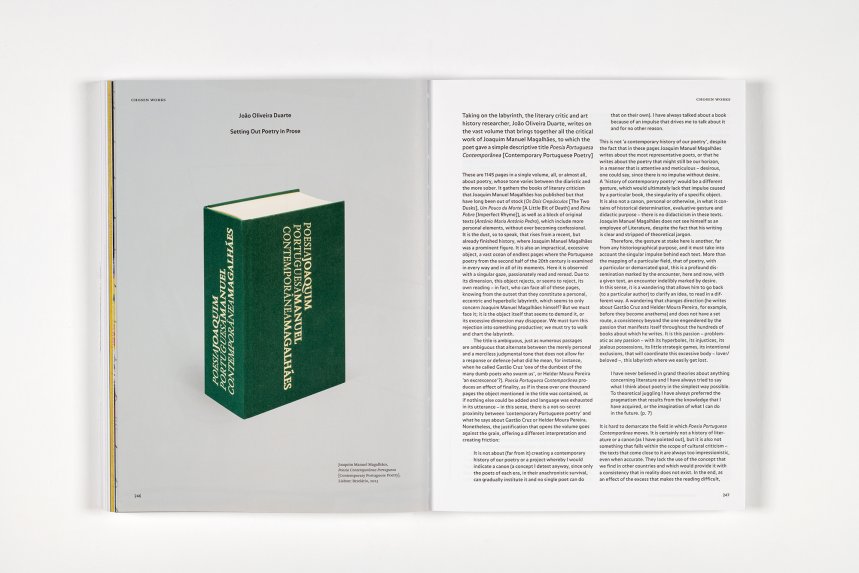
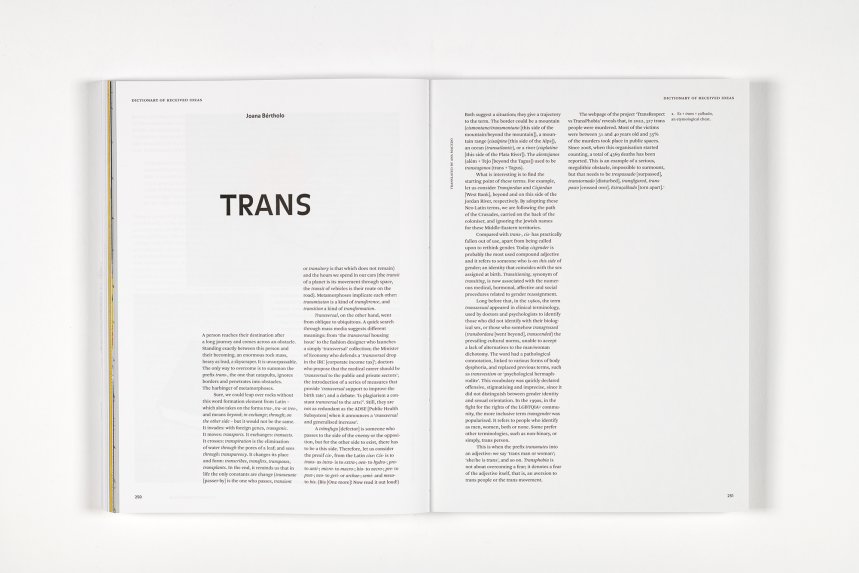
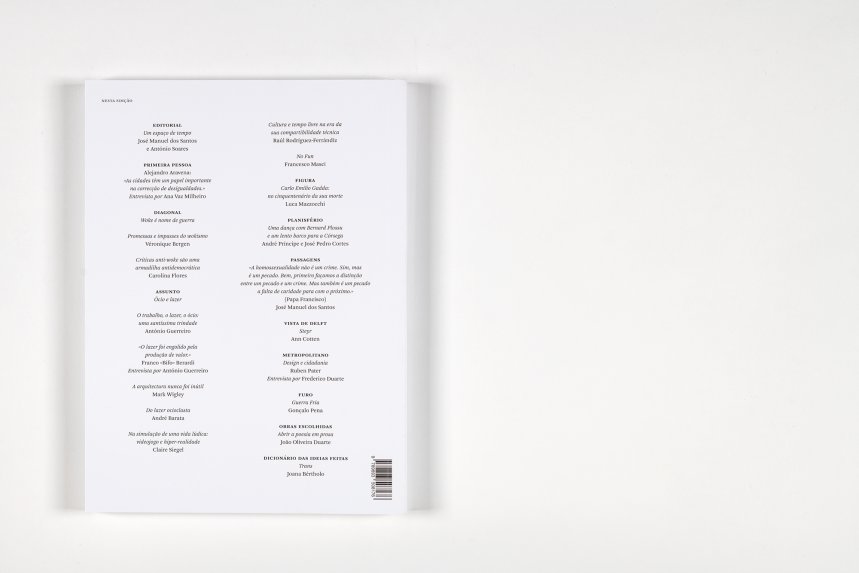
The central “Subject” of issue 21 of Electra magazine, summer edition, is "Leisure and Idleness", two concepts with a long history. With the economic, social and cultural transformations that have taken place since the first half of the twentieth century, the forms of idleness and leisure have undergone profound changes in its values, practices, spaces, modalities, and meanings. From a perspective that analyses the contemporary condition of idleness and leisure, in this issue we publish an interview with Franco "Bifo" Berardi, a fundamental figure in contemporary thought, and an essay by renowned architect and critic Mark Wigley. With a valuable diversity of viewpoints, we also include texts by André Barata, Claire Siegel, Raúl Rodríguez-Ferrándiz, and Francesco Masci.
Alejandro Aravena, winner of the Pritzker Prize in 2016, is interviewed by researcher and architect Ana Vaz Milheiro for "In the First Person" section. In a conversation in which he discusses his own path of development, he also talks about the relationship between architecture, housing, society, sustainability, and nature. The Chilean architect also tells us about the experience of designing and building in Lisbon.
In the "Planisphere" section, photographers and editors André Príncipe and José Pedro Cortes continue a series developed for Electra which they began in Tangier and continued in Cairo. This time, the encounter is with French photographer Bernard Plossu in La Ciotat, on a trip that ends in Corsica. In an interview that becomes very intimate, they talk about life, travels, the passion of the desert, passing time, photography, photographers, photography books, and the work that Plossu did in Portugal.
The woke movement has encompassed new forms of struggle and antagonism in the public space, with deeply entrenched positions placed in direct conflict. This situation is examined by Electra 21 in two texts that take part in this division: that of writer and philosopher Véronique Bergen and that of researcher and philosopher Carolina Flores. In the "Metropolitan" section, Dutch graphic designer, researcher and professor Ruben Pater talks to Frederico Duarte about his books and his conception of design as a practice of citizenship.
Also in this issue of Electra, Joana Bértholo writes about the word "Trans"; artist Gonçalo Pena presents 21 as yet unpublished drawings; Austrian poet and essayist Ann Cotten visits Steyr, a town in Upper Austria which combines a powerful natural setting with historical and cultural memory and industrial and manufacturing heritage; Luca Mazzocchi writes about the great writer Carlo Emilio Gadda, his labyrinthine and complex work and its reception; José Manuel dos Santos comments on a statement by Pope Francis about homosexuality, giving it historical perspective; and João Oliveira Duarte looks at the publication of a vast volume that brings together the entire critical work of Joaquim Manuel Magalhães.
